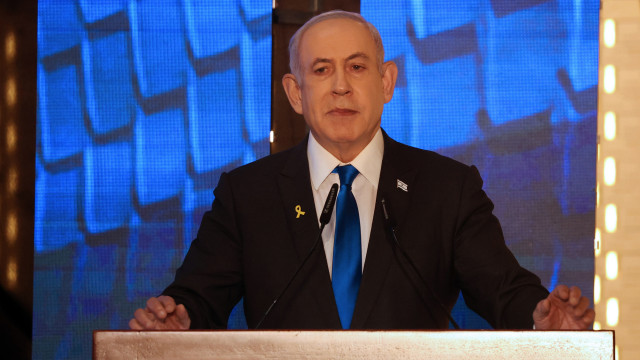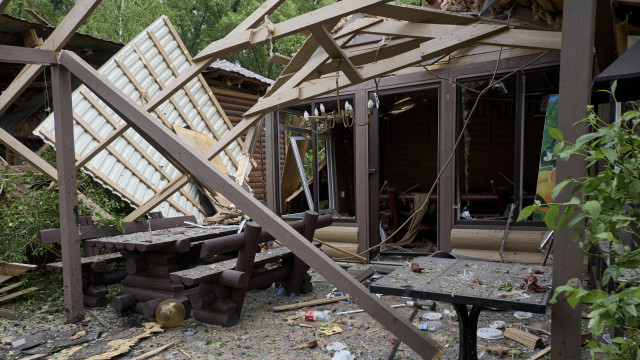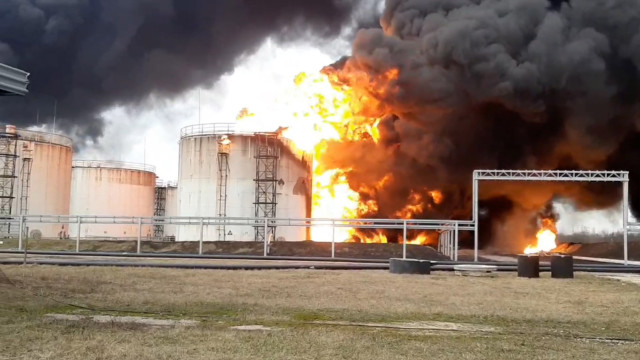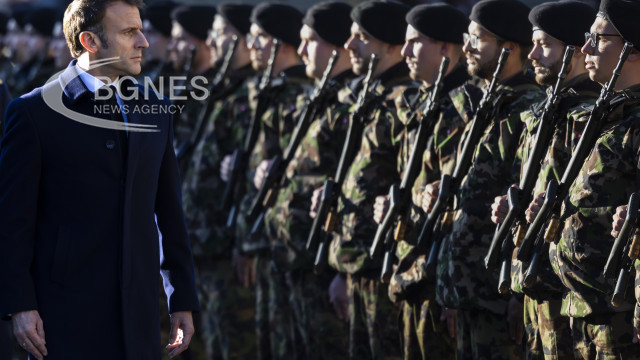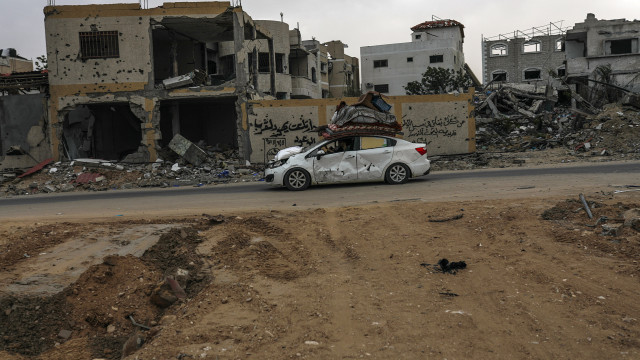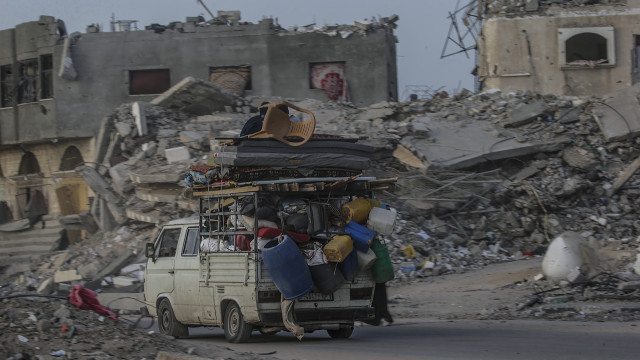Ukrainian President Volodymyr Zelensky said supplies of key artillery shells to his country have decreased since fighting broke out between Israel and Hamas last month, AFP reported.
Israel, which receives military support from the US, has been relentlessly shelling the Gaza Strip since Hamas militants launched an unprecedented assault on southern Israel last month.
"Our supplies have decreased," Zelenskiy told reporters, referring specifically to the 155mm shells that are widely used on Ukraine's eastern and southern front lines, saying "they have really slowed down."
"It's not like the US said: we're not giving Ukraine anything. No! It's just that everyone is fighting for their own (stocks)," he told reporters.
"That's life. I'm not saying it's positive, but that's life and we have to protect what's ours."
Both Russia and Ukraine are struggling to maintain and secure ammunition stocks after nearly two years of intense long-range fighting from batteries miles away.
South Korea claims Russia's ally Pyongyang sent one million artillery shells to support Moscow's war in Ukraine in exchange for satellite technology know-how.
Meanwhile, Germany said this week that the EU would miss its one-year target of sending one million artillery shells to Ukraine.
"Now the warehouses are empty or there is a legal minimum that a country cannot provide," Zelensky told reporters in Kyiv.
"And that's not enough," he added.
However, Zelensky praised the United States' efforts to increase production.
For a year, neither Russia nor Ukraine have made significant territorial gains, and the top military commander in Kiev said the fighting had reached a stalemate.
Volodymyr Zelensky expressed optimism about the recent meeting between US President Joe Biden and his Chinese counterpart Xi Jinping.
"We understand that this fact is good for us - their meeting," Zelensky told reporters in Kiev after the US and Chinese leaders held talks in California in which they agreed to restore military communications.
China has refused to condemn Russia's invasion of Ukraine and has deepened economic, diplomatic and military cooperation with Moscow since the start of the war in February 2022.
Meanwhile, the United States has spearheaded Western support for Ukraine on the battlefield, providing multiple packages of financial and military support.
Zelensky's close adviser, Mykhailo Podolyak, earlier expressed "cautious optimism" about the Xi-Biden meeting, which was marred by the US leader's description of Xi as a "dictator".
The meeting "is a wonderful signal to the world - dialogue instead of confrontation, a new global order, rules, stability and predictability are absolutely necessary," Podoliak said on social networks.
Zelensky said he could not confirm that Biden and Xi had discussed the conflict in Ukraine, but told reporters that Russia's nearly two-year-old invasion had been touched on "in some way."
Zelensky has previously warned that Russia is likely to increase airstrikes against Ukraine's energy infrastructure before winter, as it did at this time last year.
"My assessment is that they are stockpiling [missiles], but that they don't have many more missiles compared to what they had before," Zelensky said, referring to attacks on critical infrastructure last year. But in separate comments, Zelensky warned that Ukraine does not have "100 percent protection" from Russian air attacks.
"Cities like Kharkiv, regions like Donetsk and Zaporizhia need more [air] defense systems," he said in an evening address posted on social media.
"The winter will be difficult, but not worse than the previous one," Zelensky said. /BGNES


